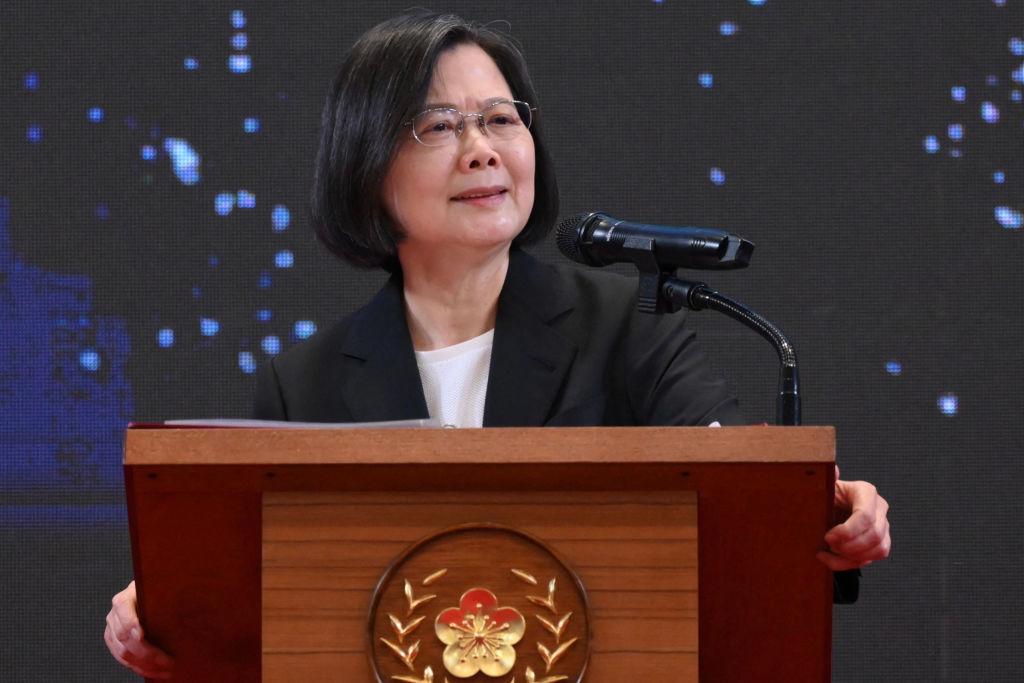The Canadian government has so far not responded to Taiwan’s invitation to share its experience battling Beijing’s information and interference activities, Taiwan’s de facto ambassador to Canada, Ho-Jen Tseng, told a House of Commons committee.
“No, we haven’t got a response from the Canadian side yet,” Mr. Tseng said during his testimony before the House of Commons National Defence Committee on Sept. 21.





